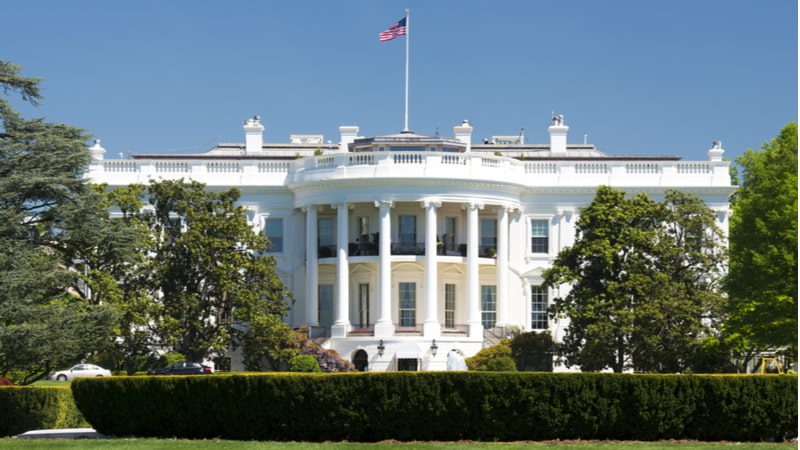
The White House issued an executive order on October 5 directing several Federal agencies to create a Coronavirus Mental Health Working Group. The group is charged with mounting an “all of government” response to “mental-health conditions induced or exacerbated” the coronavirus pandemic, including issues related to suicide prevention.
In ordering creation of the working group, the White House cited data from the Centers for Disease Control and Prevention show that in late June about 40 percent of Americans “struggled with mental health or substance abuse issues, and 10.7 percent reported seriously considering suicide.”
The working group will be co-chaired by designees of the White House and the Department of Health and Human Services (HHS). It will also have representation from the Defense Department, Justice Department, Agriculture Department, Labor Department, Education Department, Department of Housing and Urban Affairs, Department of Veterans Affairs, the Office of National Drug Control Policy, and the Office of Management and Budget.
The group faces a 45-day deadline to give President Trump a report that outlines plans for improved service coordination between and public and private sector stakeholders and government agencies “to assist individuals in crisis so that they can receive effective treatment and recovery services.”
One focus of the effort will be at-risk groups affected by the pandemic including minorities, seniors, veterans, small business owners, children, people affected by domestic violence and physical abuse, those living with disabilities, and people with substance use disorders.
“The Working Group shall examine existing protocols and evidence-based programs that may service as models to better support these at-risk groups, including implementation and broader application of the PREVENTS, and the Department of Labor’s Employer Assistance and Resource Network on Disability Inclusion’s Mental Health Toolkit and Centralized Accommodation Programs,” the EO says.
The order does not appear to identify any new resources that may be used to offer treatment, but orders OMB and Federal agencies to look at a range of existing options including grant programs that support mental health and medical services, telehealth options, group therapy, and participation in secular or faith-based community support programs.
